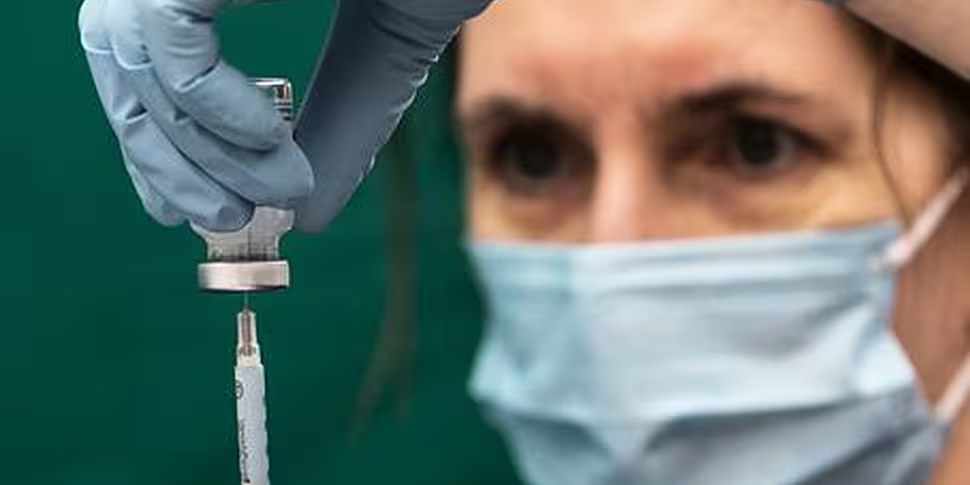This time next year things should look "very different" for Ireland in relation to the coronavirus, Kingston Mills has said.
The professor in experimental immunology at Trinity College Dublin (TCD) was speaking as latest figures show 81% of eligible people in Ireland are now fully vaccinated - and 90% are partially vaccinated.
Prof Mills was asked what the picture will look like for Ireland in 12 months.
He told Moncrieff: "I think very different, I hope I'm right on this.
"Most developed countries that have bought into vaccines, and it has to be said, Ireland is one of the best countries in the world in terms of the buy-in to the vaccines.
"The uptake amongst all the age groups above 35 has been phenomenal.
"And hopefully that will be reflected in the younger age groups eventually when they get through all the people remaining to be vaccinated".
But he says this could be delayed if "we have a very difficult variant that might emerge."
In terms of why COVID cases are rising, despite increased vaccinations, he explains: "What has happened is... the restriction rate have also been eased significantly - a lot more people are meeting up.
"And of course the younger population, a lot of them are still not vaccinated, and that's where the dominant number of cases are now.
"In the 12 to 15-year-olds, for example, there have been over 3,500 cases in the last two weeks.
"So there's a significant number of cases in the young population, and not as many now in the older fully vaccinated population".
'Breakthrough infections'
He says data suggests those who are vaccinated, and still become infected, are not suffering serious ill effects.
"Some data that came out last week from the US shows that even those that have breakthrough infections and have been vaccinated, their vital load persists for a much shorter period of time.
"So the likelihood of transmitting that is significantly reduced, so that's very good news.
"It really tells us that even though the Delta variant is more transmissible, the vaccines are still [having] a pretty good effect against it".
But he warns Ireland is "not anywhere near" herd immunity.
"To get to herd immunity, we have to vaccinate between 85% to 90% of the entire population - including all children of all ages - and that's with a vaccine that's over 90% effective against infection.
"But we're in a very good place compared to where we could be.
"We have relatively modest numbers of people in hospital, compared with what it was in the third and second wave.
"While there are some in ICU, the numbers are still reasonably low compared with what they were in the third wave.
"The hope is that when all of the adult population get vaccinated, we will see a decline also in the number of hospitalisations - and then it's down to vaccinating the school children".
Booster shots
He says while booster shots may be required at that point for certain people, they will not be needed for everyone.
"Personally I don't think we need booster shots for healthy adults that have had either the Moderna or the Pfizer vaccine.
"The data that came out of Israel is suggesting that we do need booster shots, but that data has been questioned by some people.
"I had a look at it last night myself, and I'm not that impressed with it.
"It wasn't a controlled study where they looked at people being vaccinated and not vaccinated - they came up with an efficacy suggesting the vaccine efficacy had dropped to 39% after maybe nine months.
"But other data in the [United] States for the Moderna vaccine showing it was well over 80% effective after six months".
And he says extra vaccines coming to Ireland from Romania "should put us in a position where we'll have enough vaccine to vaccinate the whole adult population, right down to the 12-year-olds, and then start think about starting the booster".









